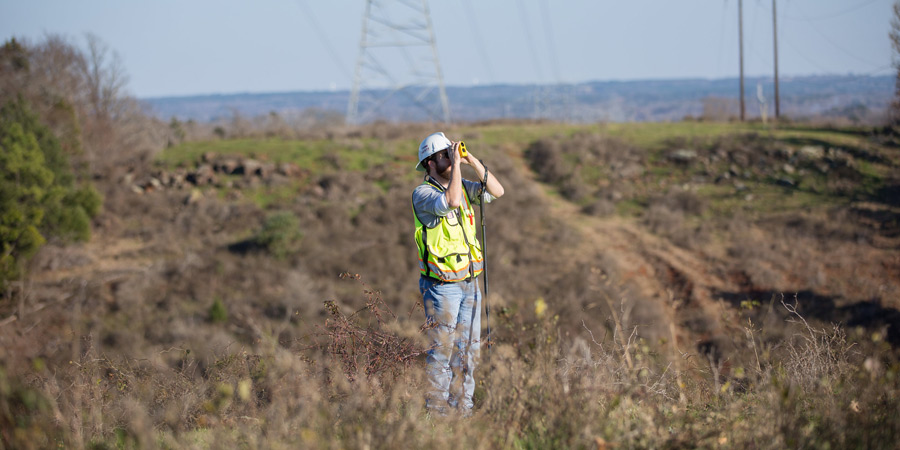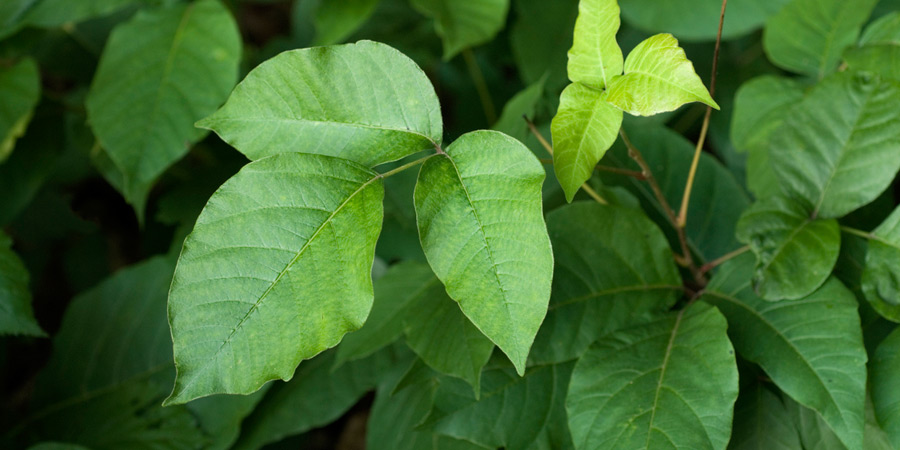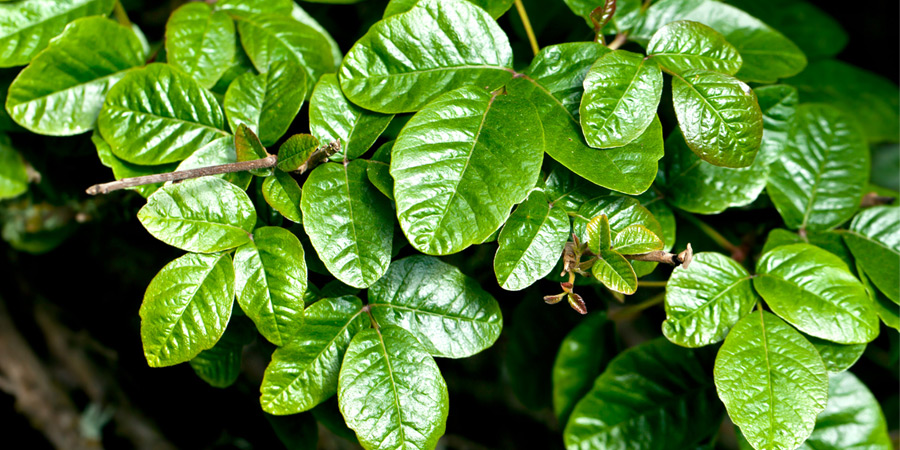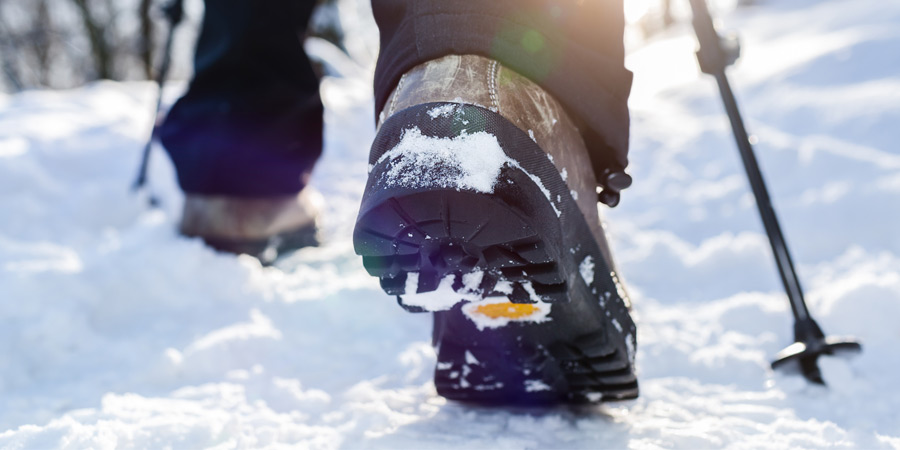- Vegetation Management Services
- Industries
- In Your Neighborhood
- About
- Careers
- Webinars
- Articles
Working in Remote Areas

Staying On Course
Keeping foresters safe on the job
Foresters sometimes operate in remote areas where standard GPS service and cell transmission is very limited and human contact may be non-existent. For these reasons, foresters should be prepared when entering these remote and often unfamiliar areas using the following guidelines these guidelines will reduce the likelihood of getting lost and increase the chances of being found.
Plan Ahead
Avoid working alone in remote locations
- If working with other foresters, use a buddy system with a daily check-in and check-out process.
- Supervisors should plan and follow a scheduled call-in and call-out system with all employees working in areas known to be remote or less populated.
- Emergency location beacons are very useful tools that can be considered when working in remote locations alone. ACRT chooses SPOT locators.
- The use of Automated Vehicle Location (AVL) info can be very useful. The GPS system used by AVL can be useful for supervisors to find a vehicle’s location. It can also set up alerts if vehicles do not move for a specified period of time. Many companies implement AVL GPS systems into fleet vehicles.
Be Prepared
Know what you will need in the field
- Ensure your cell is fully charged when leaving your vehicle.
- Carry a whistle for emergency use.
- Fill up in remote areas when you have a half tank of gas in case you need to overnight in your vehicle.
- Don’t travel at night. Plan your day so you can get in and out without dealing with low light levels.
- Check weather forecasts before you leave and while en route. Change your plans if necessary.
- Ensure your vehicle is well maintained and suitable for the terrain and area you’ll be traveling through.
- Ensure you have a reliable spare key to your vehicle.
- Keep emergency water, dry clothing, a flashlight with extra batteries, and non-perishable food items in your truck.
- The four vital requirements to support life are water, shelter, warmth, and food. Always ensure you set out with adequate supplies in the event that you’re stranded. This is important even if you are planning to go to a remote area for only a short period.
S.T.O.P.
What to do if you get lost
- Stop. Acknowledge that you may be lost and stay calm. Don’t continue on a path that might only lead deeper in the woods. Tie an article of clothing or material you have to a tree. Circle around the tree and look for a trail or exit out of your present spot. Don’t lose sight of your tree or you could become further lost. If you don’t see anything familiar, return to your starting point and wait. It’s easier for someone to locate you if you stay in one place. Stay with or close to your vehicle whenever possible. It’s easier for search parties to find a vehicle than a person. If away from your vehicle, stay close to trails or roads.
- Think. Don’t do anything until you assess your situation. If you planned for call-in and call-outs, someone will know you if you don’t return on time. Beyond this, decide on what you will need to do to make a plan of action.
- Observe. What do you see around you that could help? What’s the terrain like? How about the weather? Listen to the sounds of the forest and smell the air. You might be lucky enough to smell someone’s campfire or hear someone nearby. At night, look for lights in the distance from someone’s home or camp.
- Plan. Once you’ve observed the terrain, thought about all possible scenarios, and have accepted your situation, it’s time for the plan. First, take care of any immediate issues like injuries, approaching storms, etc. You may have to overnight in your vehicle. Use your amber emergency light when waiting for emergency response or roadside assistance.
ABOUT ACRT SAFE
Related Articles

Protecting against poison oak and ivy exposure Identification and Differentiation During winter, recognizing these poisonous plants without their leaves can help keep outdoor workers of all types from contracting a nasty rash. Since urushiol, the chemical present in the sap of these plants that causes irritation, is found in the leaves, stems and roots of[...]
Read MoreRecent Posts
- Patrick Geraghty Expands Role to Support ACRT Sales in Central Territory 13th Jan 2026
- Alex Fields Awarded ACRT Safety Challenge Coin 20th Nov 2025
- Servant Leadership in Utility Vegetation Management 12th Nov 2025
- ACRT Honors Our Veterans 10th Nov 2025
- Anna Davis Awarded Safety Challenge Coin 04th Nov 2025
Categories
The Leader In Vegetation Management
We are all about people, and we put safety first. Ready to work with our well-trained team?


